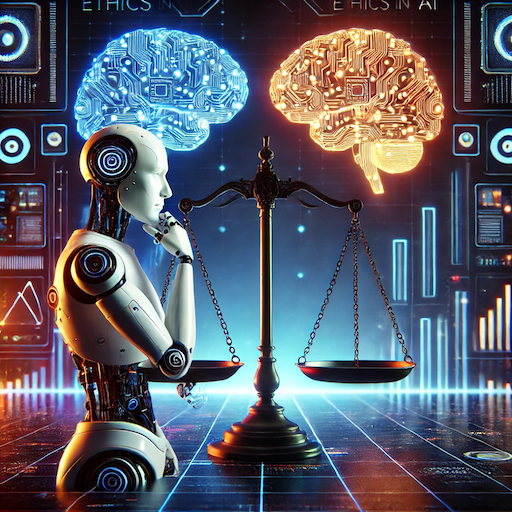Has AI Rendered This Job Obsolete? A Career Projection for Software Developers

Whenever you open an app on your phone or a webpage on your computer, you are seeing the results of a software developer’s hard work. While software was initially created by developers line by line, technology has rapidly advanced, providing them with tools that have made the development process more efficient and automated.
Now, with the rise of artificial intelligence (AI), large portions of the software developer’s job are being completed by AI-powered tools. The question is, with the rise of AI, will you still need developers for your upcoming projects?






